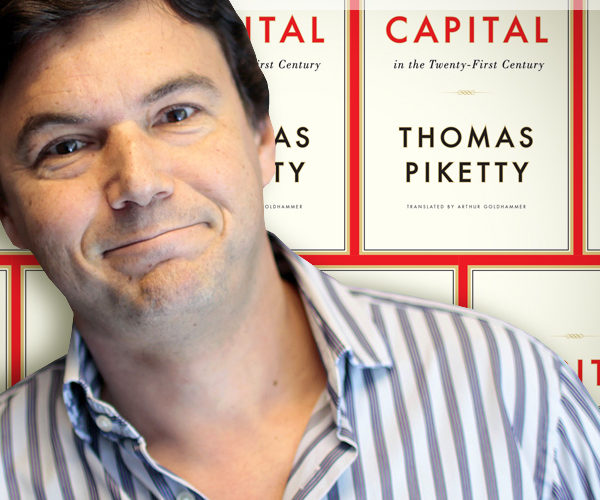
This is the second of two posts reviewing Thomas Piketty’s Capital in the Twenty-First Century and pointing out why it is of interest to those concerned with religious ethics and political theology. In the first installment, I summarized Piketty’s findings on the reality of inequality today and the distinction between income from labor and investments, with its implications for justice in societies. In this post, I examine some of Piketty’s broader conclusions.

Despite its intimidating size and scope, Capital has the potential to be extremely helpful to scholars and activists concerned with inequality, and I hope to convince at least a few readers of Political Theology Today to add it to their reading lists. Like all economic works, Capital makes claims about what is good for humans, human nature and motivations, and social justice.

Isaiah offers us a startling vision of a society beyond scarcity and gross inequalities of wealth, leading to a subversion of all our economic logic. If we are prepared to re-conceive our world as a divine gift to all, we will be prepared to work towards a day when no one is excluded from God’s bounty.